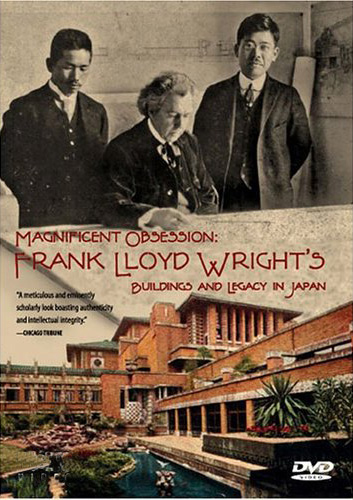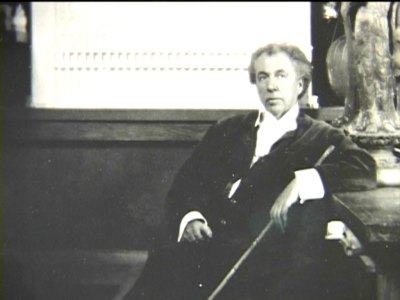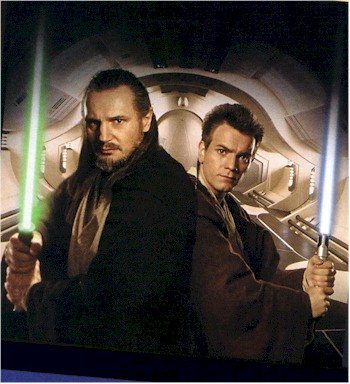This remains one of the most controversial reviews I ever published in the Chicago Reader (it ran in their September 17, 1993 issue) — occasioning many outcries, especially for my use of the term “drooling paisan” (although many others also quarreled with my point about apostrophes). No one, however, seemed to have had any quarrels with my treatment of Edith Wharton. — J.R.

THE AGE OF INNOCENCE
Directed by Martin Scorsese
Written by Jay Cocks and Scorsese
With Daniel Day-Lewis, Michelle Pfeiffer, Winona Ryder, Stuart Wilson, Miriam Margolyes, Geraldine Chaplin, Mary Beth Hurt, and Norman Lloyd.

Martin Scorsese clearly intends The Age of Innocence — his close adaptation of Edith Wharton’s 1920 novel about wealthy New York society in the 1870s — to earn him a bouquet of Oscars. But the high literary tone was somewhat blown for me by the opening title, immediately following a lush credits sequence of flower blossoms unfurling behind dainty fabric: “New York City, the 1870’s.” That superfluous apostrophe doesn’t exactly inspire confidence that Scorsese is the ideal interpreter of Edith Wharton.
Fortunately the movie improves after that, but never to the point that one can entirely forget that slip at the beginning. If the project winds up a noble failure, testifying throughout to Scorsese’s resourcefulness in plowing through an impossible mission — much better to my taste than Cape Fear, and considerably more likable (if less successful) than GoodFellas — it may be because the subject is diametrically opposed to what he usually does best as a filmmaker. Read more
This originally appeared in the July 22, 2005 issue of the Chicago Reader; I’ve slightly extended it here, pictorially as well as verbally, on February 8, 2010. — J.R.

MAGNIFICENT OBSESSION: **
FRANK LLOYD WRIGHT’S
BUILDINGS AND LEGACY
IN JAPAN
DIRECTED BY KAREN SEVERNS
AND KOICHI MORI
WRITTEN BY SEVERNS
NARRATED BY AZBY BROWN AND
DONALD RICHIE

It’s widely known that Japan had a profound influence on the work of Frank Lloyd Wright. But how many of us have the chance to discover that the reverse is also true? According to the commentary written by Chicago native Karen Severns for Magnificent Obsession: Frank Lloyd Wright’s Buildings and Legacy In Japan — a 128-minute American documentary (2004) she made with her Japanese husband Koichi Mori, which also exists in a Japanese version —- the effort to distinguish between emulations and imitations of Wright in Japanese architecture criticism is no small affair, and “At one point, there were 32 Wright-related terms in the [Japanese] architectural lexicon.”

One could posit a certain analogy between this oscillating cultural exchange and a process set in motion by some young, maverick French film critics in the 50s. Their eccentric enthusiasm for some Hollywood directors produced a new kind of French cinema and French film criticism, and this wound up influencing 60s Hollywood and American film criticism in turn. Read more
As far as I know, this is the only long review of mine for the Chicago Reader that isn’t on the Reader‘s web site, and consequently it wasn’t on this site, either, until I retyped it for inclusion here. It appeared in their May 17, 1999 issue. It’s also one of the pieces selected and translated into Farsi by Saeed Khamoush for the unauthorized collection of some of my Reader pieces that was published in Iran back in 2001. — J.R.

STAR WARS: EPISODE 1—THE
PHANTOM MENACE
**
Directed and written by George Lucas
With Liam Neeson, Ewan McGregor,
Natalie Portman, Jake Lloyd, Ian McDiarmid,
Pernilia August, Ahmed Best, Frank Oz,
Samuel L. Jackson, and Ray Park.
TREKKIES
0
Directed by Roger Nygard
The big question about the Star War series, and The Phantom Menace in particular, isn’t how much you like it but whether you love it. The issue is above all generational, and only secondarily a matter of aesthetic or ideological choices.
If you’re male and were born around 1989, the chances of you loving The Phantom Menace seem fairly high. If you’re male or female and were born around 1967, the chances of you loving it are probably almost as high. Read more






